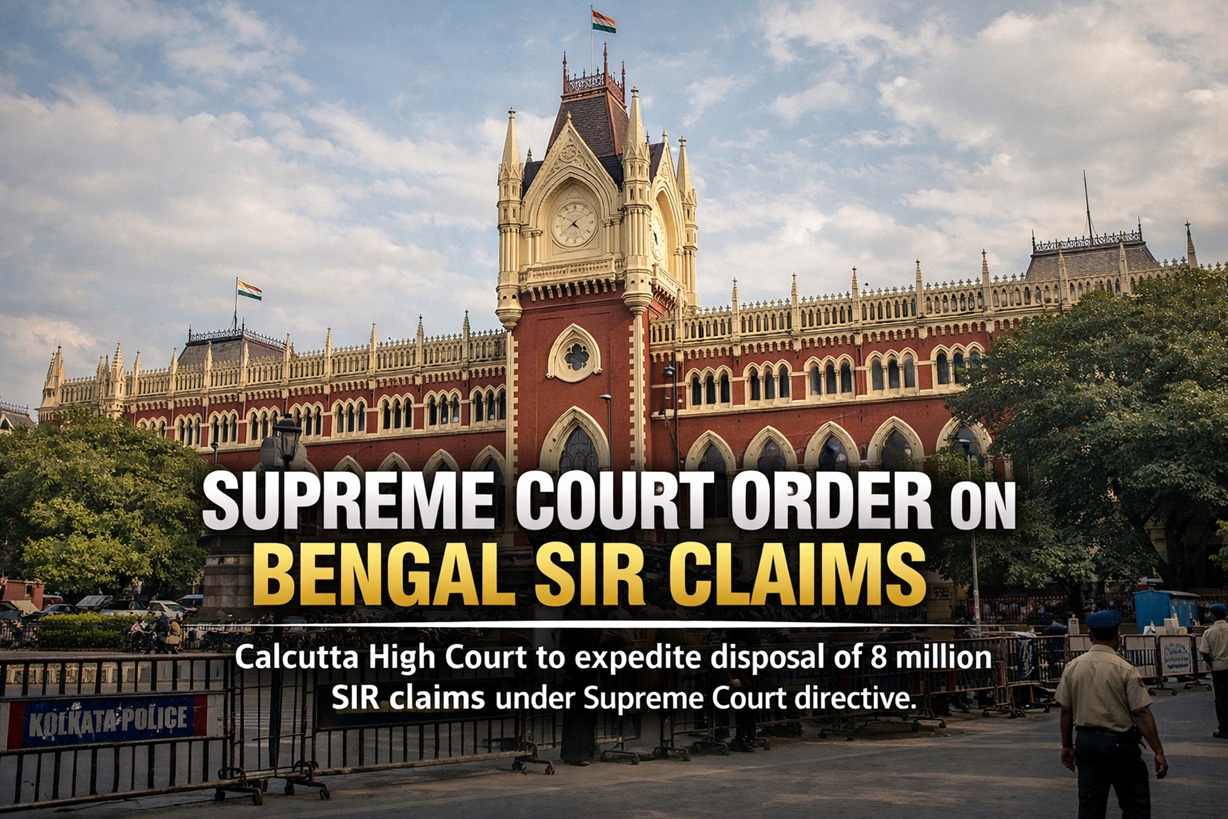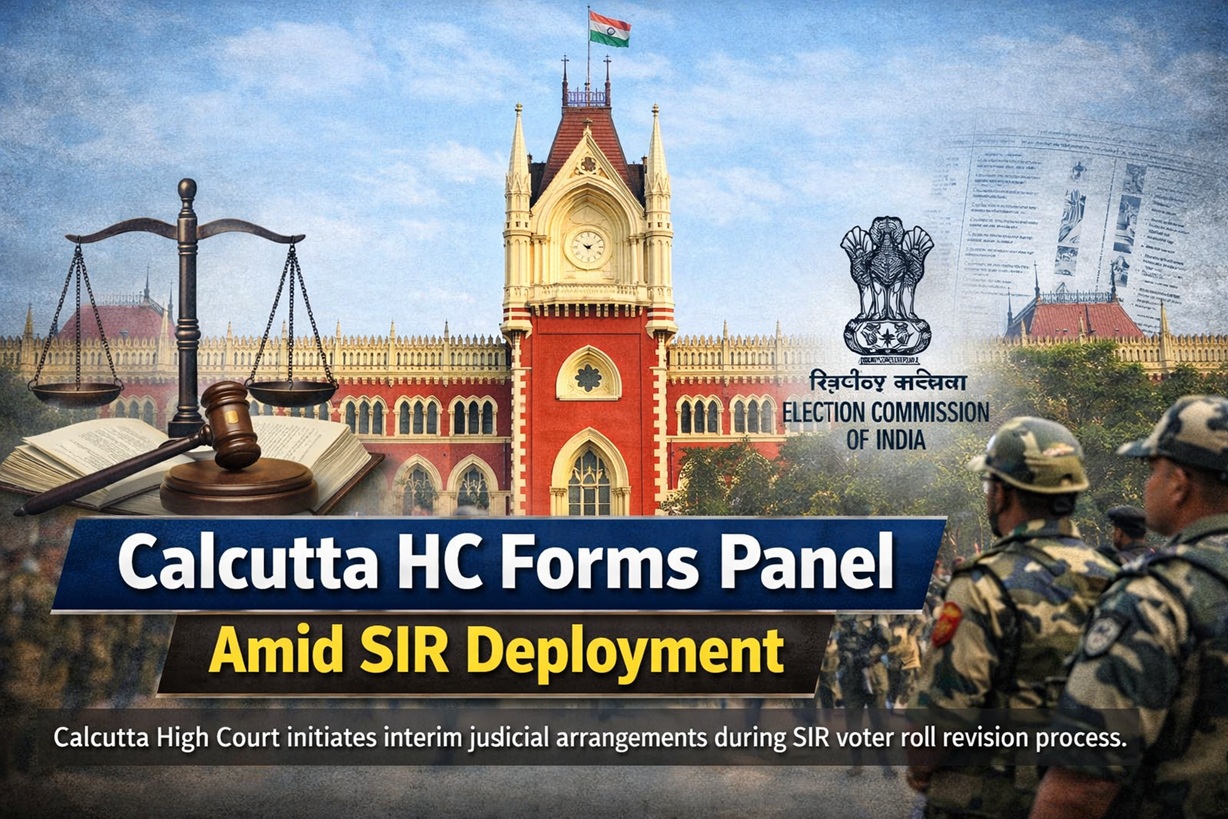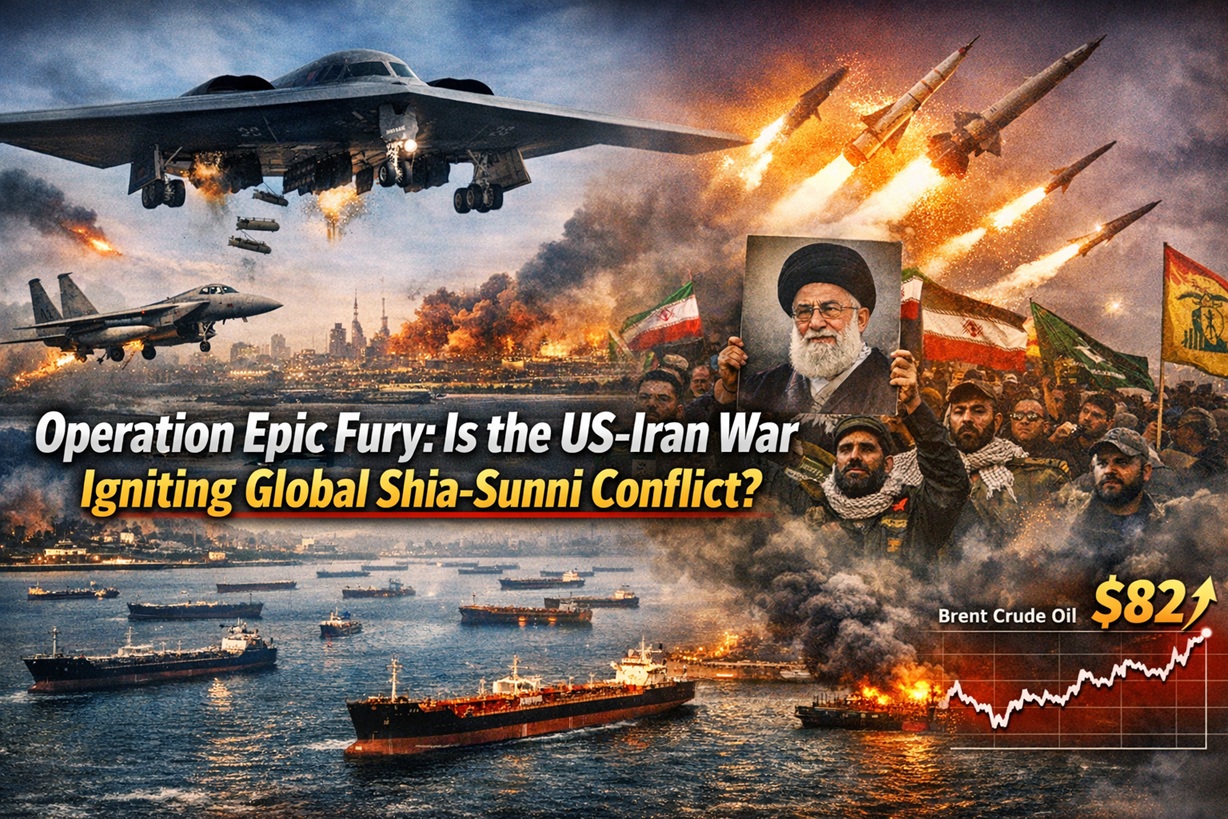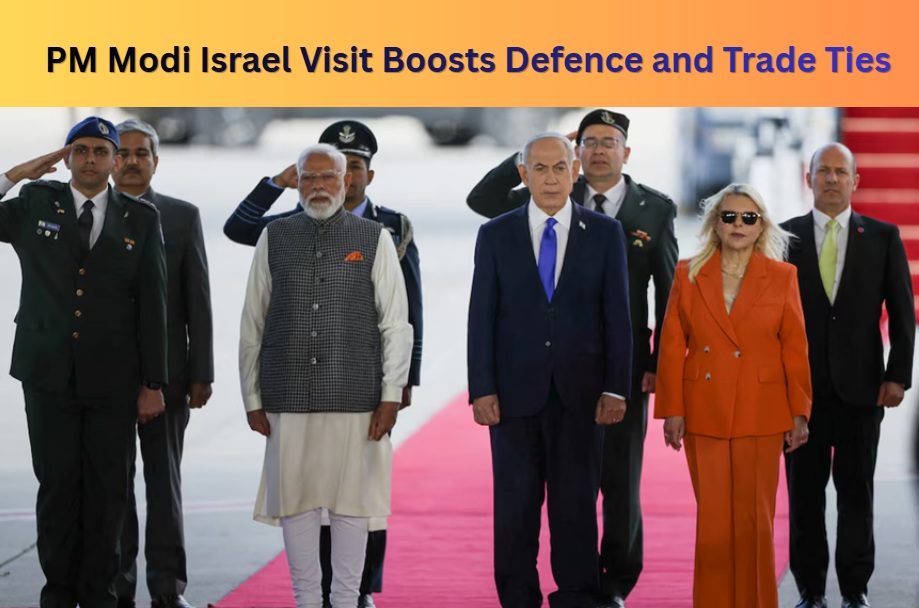Malegaon Blast Verdict: Court Acquits All Accused, Exposes Years of Political Conspiracy
In a landmark verdict that could reshape political discourse and national memory, the Special NIA Court today acquitted all seven accused in the 2008 Malegaon bomb blast case. This verdict not only brings closure to one of the most controversial terror cases in India’s history, but also casts a dark shadow over the political and investigative narratives propagated over the last 17 years.
The court delivered a scathing commentary on the nature of the evidence presented. In clear terms, it said “no one can be held guilty in the absence of evidence.” This statement has shaken the very foundation of the so-called “saffron terror” narrative that dominated UPA-era political discourse.
Backdrop: The Malegaon Blast and the Saffron Terror Narrative
On September 29, 2008, a bomb exploded in Malegaon, Maharashtra, killing six people and injuring dozens. Soon after, a wave of arrests followed, including Sadhvi Pragya Singh Thakur, Lt Col Shrikant Purohit, and others—people associated with Hindu nationalist organizations or the armed forces. This was one of the first cases where “Hindu terror” was publicly alleged.
The UPA government, led by Congress at the time, coined the term “saffron terror,” triggering a political and media storm. The prosecution claimed the attack was orchestrated by Hindu extremist groups. However, this narrative soon became the subject of intense debate, with critics calling it politically motivated and lacking factual rigour.
Today’s Verdict: A Judicial Reversal of Political Narratives
After 17 years, the court today vindicated the accused. All seven—including Sadhvi Pragya and Col Purohit—were honourably acquitted. The court noted:
No direct or corroborated evidence could establish guilt.
Forensic claims—like the ownership and use of a motorcycle allegedly linked to Sadhvi Pragya—collapsed under scrutiny.
The prosecution failed to prove that explosives were transported using that motorcycle.
Allegations against Abhinav Bharat, the alleged extremist outfit, were unsubstantiated.
The judgment implies that the entire case rested on weak, circumstantial, and politically tinted evidence.
Political Reactions: Congress Cornered, Opposition Splits
The decision triggered strong reactions:
Congress remained evasive, with no formal apology for falsely accusing individuals of terrorism.
Samajwadi Party chief Akhilesh Yadav termed the verdict as a diversion tactic.
AIMIM leader Asaduddin Owaisi expressed disappointment and said the verdict should be challenged in the High Court.
The ruling party, BJP, celebrated the verdict as a victory for truth and nationalists wrongfully vilified. Senior leaders hinted that without a BJP government, many prominent figures like Yogi Adityanath or RSS leaders could have been falsely jailed under the “Hindu terror” label.
Colonel Purohit & Sadhvi Pragya: Targets of Political Vendetta?
Col Purohit, an Army intelligence officer, was accused of conspiring to plant the bomb. However, today’s verdict underlines that:
He was working against Pakistan-based terror sleeper cells.
His intelligence operations were known to the Army hierarchy.
His arrest derailed active military counter-terror operations.
Sadhvi Pragya claimed she was physically and mentally tortured in custody, and the court found no evidence that linked her directly to the Malegaon blast or to any act of terror.
Call for Probe: Was There a Larger Conspiracy?
Today’s acquittal has reignited demands for:
A judicial commission headed by a retired judge to investigate the origins of the case.
An inquiry into how intelligence was misused to fabricate a terror narrative.
Accountability for officials and politicians who used national security for political vendetta.
There are questions whether false evidence was planted, and if the entire incident was used to deflect from the growing threat of Islamist terror during the 2000s.
Rewriting History: The Role of Media and ‘Left-Liberal’ Narratives
The verdict also shines a light on a media ecosystem that amplified the “saffron terror” angle without due diligence. Prominent journalists, NGOs, and academics had labelled Hindu organizations as terrorists on unverified evidence.
From books suggesting RSS involvement in 26/11 Mumbai attacks, to international headlines painting India’s majority as extremist, today’s judgment serves as a rebuttal to global misperceptions fueled by political agendas.
What the Verdict Means for India
Justice for the falsely accused, after years of incarceration and stigma.
A moral blow to political forces that misused investigative agencies.
A vindication of Hindutva, which had been vilified without legal basis.
A lesson for media, civil society, and judiciary on the dangers of ideological bias in national security matters.
The Way Forward
While today’s decision is a moment of closure, it’s also a moment of reckoning. Questions remain:
Will Congress apologize?
Will the judiciary examine how such a case was sustained for 17 years?
Will India reform its investigative and prosecutorial systems to prevent misuse?
Final Word: Truth Triumphs, But the Scars Remain
The Malegaon verdict is not just a legal closure. It’s a moral and historical vindication. For the accused, their families, and countless patriots across the country, today marks the end of a long, dark chapter.
India must now confront the truth: “Saffron terror” was not just an investigation—it was a political fabrication. And those who orchestrated it must be held accountable.
#MalegaonVerdict #SaffronTerror #CongressConspiracy #JusticePrevails #IndiaWins #ColPurohit #SadhviPragya #NIAcourt #JudicialReform #malegaonblast2008 #rahulgandhi #congress #nia #ats #hemantkatkare #malegaonbombblast #maharashtra #india #pragyathakur #terrorism #mumbai #breakingnews #terrorcase #justiceformalegaon #niacourt






